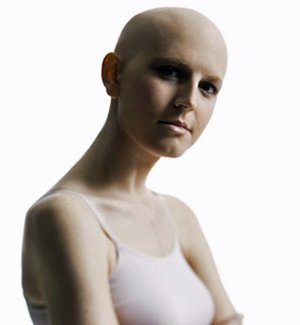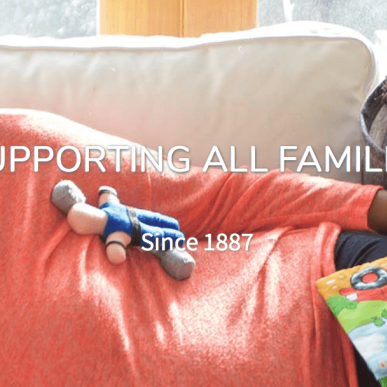2,152
 Intersex, trans and gender diverse people have unique health issues in addition to those of other Australians.
Intersex, trans and gender diverse people have unique health issues in addition to those of other Australians.
Intersex, trans and gender diverse people may have any sexual orientation; some identity as heterosexual, while others identify as lesbian, gay or bisexual. Although people sometimes talk about intersex and trans as identities, many intersex, trans and gender diverse people identify simply as women or men.
From 1 August 2013, the Sex Discrimination Act (Sexual Orientation, Gender identity and Intersex Status) 2013 provided the first federal protection in Australia from discrimination on the basis of gender identity and intersex status.
The Act recognises the distinction between gender identity and intersex status. The definition of gender identity in the Act extends beyond the common understanding of the term ‘identity’ to include “appearance or mannerisms or other gender-related characteristics of a person (whether by way of medical intervention or not), with or without regard to the person’s designated sex at birth.”
Australia is the first country in the world to provide federal anti-discrimination protection specifically on the basis of intersex status. The Act also prohibits discrimination by faith-based organisations on the basis of intersex status and in the provision of federally funded aged care services.
As of 1 July, the MBS has removed gender-specific language from 15 item codes, including several item codes for medical care that involves cervical smears.
What more can be done?
- The creation of an item code to permit intersex and trans women to obtain Androcur without being erroneously labelled as sex offenders.
- Adopt a harm reduction model that permits trans young people to access reversible hormone blockers under 16 and to access hormones under 18, without Family Court involvement, based on similar international protocols that have been beneficial overseas.
- Criminalise abuses in health care settings such as interventions that medical professionals may inappropriately classify as “therapeutic” to avoid prosecution, such as “normalizing” surgery and the use of Dexamethasone to prevent intersex births.
- Recognise gender as the authoritative category in Australian identity documents and a separate optional category for the recognition of sex.
- Provide consistent and transparent information across all Government Departments for registering and changing gender.
- Consistently include intersex, trans and gender diverse people in health research based on consultation with the Alliance and with intersex, trans and gender diverse communities regarding inclusive research.
- Add intersex, trans and gender diverse people to the groups for which the Australian Bureau of Statistics (ABS) provides a Special Enumeration Strategy for the 2016 Census.
- Governments, universities and the private health sector to support further research which is inclusive of intersex people.


